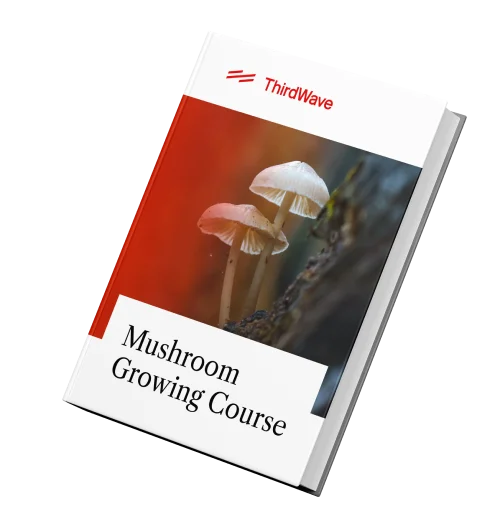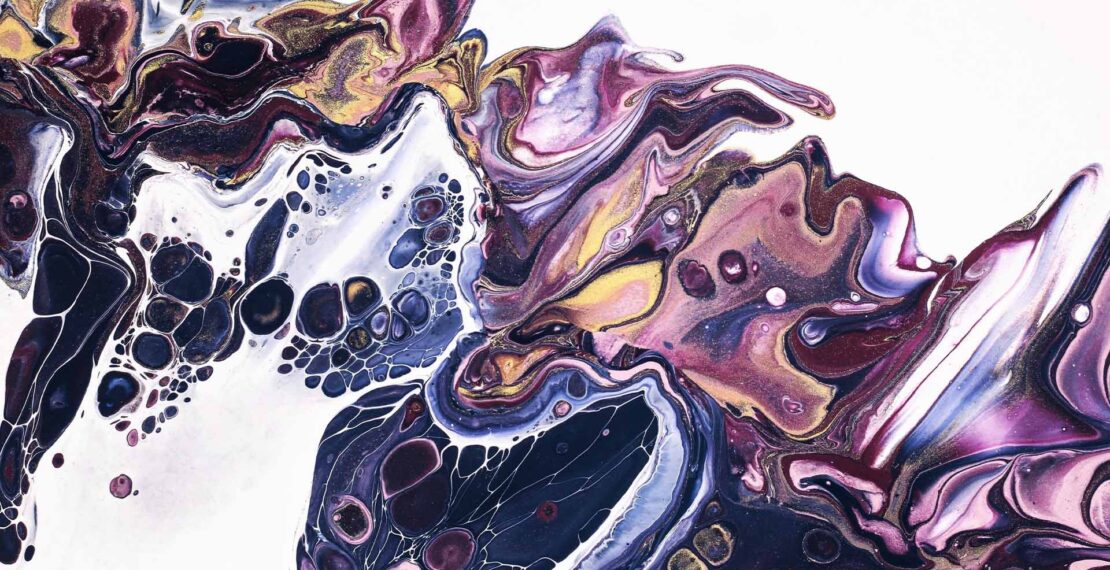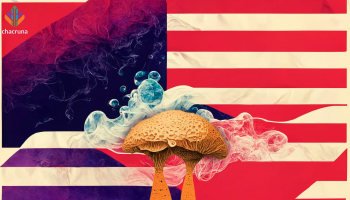Disclaimer: Psychedelics are largely illegal substances, and we do not encourage or condone their use where it is against the law. However, we accept that illegal drug use occurs and believe that offering responsible harm reduction information is imperative to keeping people safe. For that reason, this article is designed to enhance the safety of those who decide to work with psychedelics.
Psychedelic news continues proliferating as researchers worldwide explore the potential health and wellness benefits. This month, Australia’s region made headlines after considering shifting regulations to allow psychedelic clinical trials. More notably, British Columbia drastically changed its drug policy to follow Portugal’s unprecedented lead. In tandem, mainstream corporate players started celebrating psychedelics’ potential to radically optimize their workforce. Let’s review the top psychedelics news stories for June 2022.
British Columbia Moves to Decriminalize Drugs in Hopes of Combating Opioid Crisis
Hit hard by an opioid epidemic that saw fatalities rise by 400% over the past seven years, British Columbia (BC) decided to take a huge step away from standard global drug policy. New regulations, which take effect on January 31, 2023, decriminalize the possession and use of illegal substances under 2.5 grams—including heroin and fentanyl. However, those caught selling or distributing illicit drugs will still face jail time. The policy aims to follow Portugal’s 20-plus years of success with decriminalization and remove the stigma associated with drug use. In addition, by eliminating criminal charges and incarceration for drug offenses, BC officials hope to encourage more people in crisis to seek medical help. If BC’s decriminalization experiment proves successful, Canada will likely expand it to more jurisdictions.
Australian Territory Considers Allowing Psychedelic Therapy
The Australian Capital Territory (ACT) is one of the country’s few jurisdictions that ruled against rescheduling psychedelics and doesn’t allow clinical trials. Still, the ACT is considering granting special approval for psychiatrists to prescribe psychedelics for specific mental health conditions. The reform proposal, issued by Mind Medicine Australia, would allow ACT therapists to treat post-traumatic stress disorder (PTSD) with MDMA and administer psilocybin to patients with treatment-resistant depression. To make a case for this special permission, Australian medical practitioners point to trials in the US, England, and Australia showing that psychedelics have massive potential for mental health. Now we wait to see if this conservative territory will break tradition and accept psychedelic therapies, which Australia’s federal government already allows.
Grow 1 Year's Worth of Microdoses in Just 6 Weeks
Third Wave partnered with top mycologists to create the world’s easiest and best mushroom growing program (kit, course, and expert support).
- Pre-sterilized and sealed
(ready to use out of the box) - Step-by-step video and text course
- Access to growing expert in community
- Make your first harvest in 4-6 weeks
- Average yield is 1 - 4 ounces (28-108g)
- Fits in a drawer or closet
- Enter info for Third Wave discounts:


Grow 1 Year's Worth of Microdoses in Just 6 Weeks
Third Wave partnered with top mycologists to create the world’s easiest and best mushroom growing program (kit, course, and expert support).
- Pre-sterilized and sealed
(ready to use out of the box) - Step-by-step video and text course
- Access to experts in community
- Make your first harvest in 4-6 weeks
- Average yield is 1 - 4 ounces (28-108g)
- Fits in a drawer or closet
- Enter info for Third Wave discounts
Psychedelic Trips Are the New Office Happy Hour
Biotech firms that offer psychedelic treatments and experiences have found a large client base in the corporate world. Whether as a team-building exercise or helping employees with mental health issues like addiction, depression, or anxiety, more and more firms want to offer psychedelics to their staff. The recent uptick in interest results from research showing that psychedelics are effective and safe in controlled environments. Beyond treating health problems with psychedelics, companies want to see if entheogens can help their executives and staff in other areas, such as increasing empathy or boosting creativity. However, they must also wrestle with the potential downside: a psychedelic trip may cause corporate workers to question exploitative practices and quit their jobs if they don’t find them meaningful.
Grow 1 Year's Worth of Microdoses in Just 6 Weeks
Third Wave partnered with top mycologists to create the world’s easiest and best mushroom growing program (kit, course, and expert support).
- Pre-sterilized and sealed
(ready to use out of the box) - Step-by-step video and text course
- Access to growing expert in community
- Make your first harvest in 4-6 weeks
- Average yield is 1 - 4 ounces (28-108g)
- Fits in a drawer or closet
- Enter info for Third Wave discounts:


Grow 1 Year's Worth of Microdoses in Just 6 Weeks
Third Wave partnered with top mycologists to create the world’s easiest and best mushroom growing program (kit, course, and expert support).
- Pre-sterilized and sealed
(ready to use out of the box) - Step-by-step video and text course
- Access to experts in community
- Make your first harvest in 4-6 weeks
- Average yield is 1 - 4 ounces (28-108g)
- Fits in a drawer or closet
- Enter info for Third Wave discounts
HIV-Positive Women in South Africa Will Undergo Psychedelic Clinical Trials
A new study in Cape Town, South Africa by biopharmaceutical company Cannsun Medicinal Global will explore psychedelics’ ability to treat depression. The study will last three months and include 30 HIV-positive women who also suffer from major depressive disorder (MDD). The goal is to assess psilocybin’s safety and efficacy in HIV-positive individuals and evaluate whether psilocybin synergizes with estrogen treatment to enhance the treatment outcome. Major depressive disorder impacts more than 300 million people and is especially pervasive in the HIV-affected community. In 2020, weekly HIV infections in South African women totaled 4,200, with hard-to-treat HIV progressions linked to an increase in MDD and severe mental illnesses. Unfortunately, current treatments are ineffective for about 50% of patients, creating an urgent need for new therapeutic options. South Africa’s psilocybin trial should take about eight months to complete, with results expected in 2023.
June marked another memorable month toward progressing the psychedelic mission. We look forward to continuously updating you with the latest, high-quality news surrounding plant medicines, clinical developments, education, and more. Did you enjoy this article? Let us know! See something missing? We’ll consider adding it. Contact us today.






